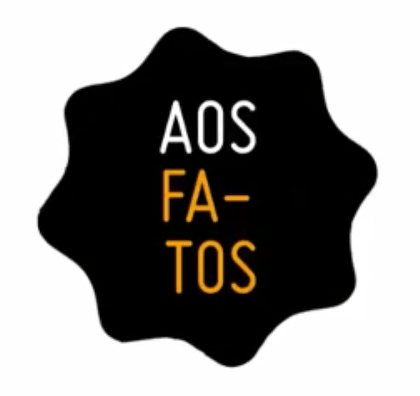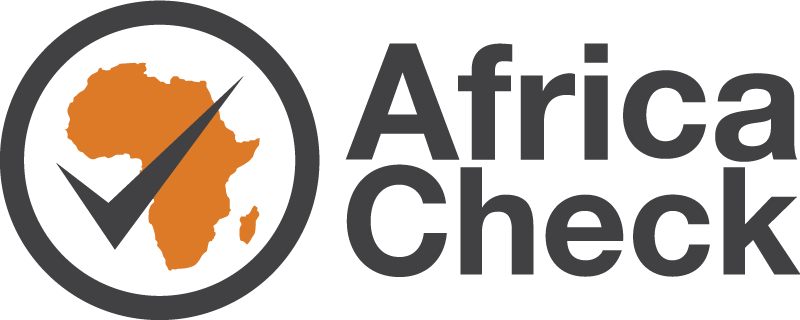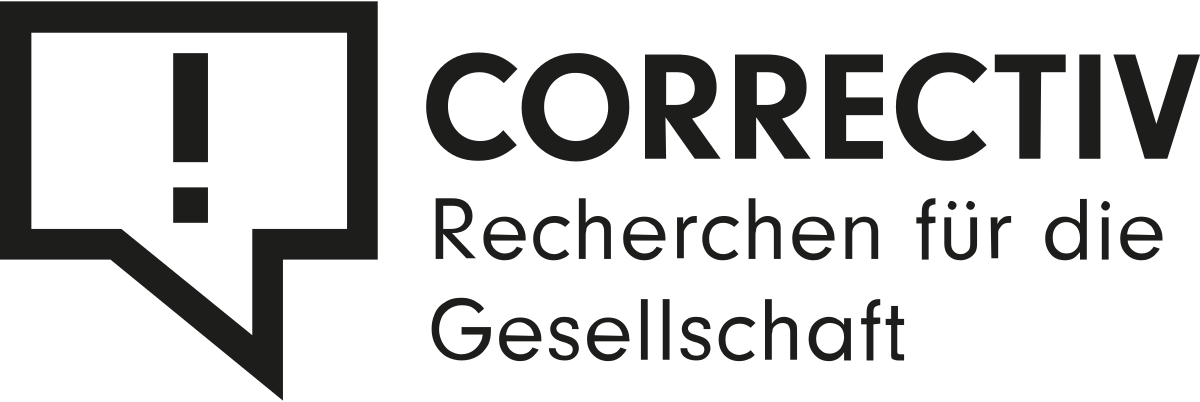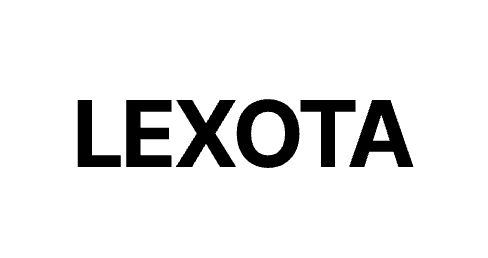The technology behind the truth: Aos Fatos and the fight against disinformation in Brazil
Virginia Kirst

Aos Fatos is a journalism-driven fact-checking organisation that owes its success to the use of a strong dose of technology. It is a member of the International Fact-Checking Network (IFCN) of the Poynter Institute.
Aos Fatos, which means “to the facts” in English, is a Brazilian fact-checking startup founded by investigative journalists Tai Nalon, Rômulo Collopy, and Carol Cavaleiro. It is dedicated to verifying facts and investigating disinformation campaigns. The uniqueness of Aos Fatos lies in its technology-driven approach: The team develops its own programmes and increasingly relies on artificial intelligence to ease the work of journalists and sell these solutions to third parties to ensure financial independence.
The foundation for Aos Fatos was laid through a crowdfunding campaign in 2015, inspired by international fact-checking projects such as Argentina’s Chequeado, PolitiFact from the Poynter Institute, and the Fact Checker from the Washington Post. The founding coincided with the early days of the disinformation wave that swept the world during Donald Trump’s presidential campaign. Thus, Aos Fatos was aware and prepared for such developments, when Jair Bolsonaro won the Brazilian presidential campaign at the end of 2018 using Trump-like methods.
Aos Fatos co-founder Nalon explains in an interview with the Global Investigative Journalism Network that the victories of Trump and Bolsonaro significantly contributed to the success and growth of Aos Fatos, as fact-checking organisations suddenly gained importance beyond journalism.
Radar Aos Fatos: Disinformation scanner
A key success factor for Aos Fatos is its investment in technology and their team of programmers who implement it. Starting in 2020, Aos Fatos offers the product Radar. This programme monitors Portuguese-language media and social media platforms in real-time and identifies prevalent disinformation narratives. The algorithm searches various open social media platforms, groups, and channels, as well as large WhatsApp and Telegram chats, looking for keywords or linguistic patterns typical of disinformation campaigns. Aos Fatos Radar generally monitors only public chat groups but includes private group chats if their owners have publicly shared an invitation link, as they serve as discussion forums for people who do not know each other.
The programme also detects whether the same disinformation spreads across multiple networks and apps and how such connections develop. Radar gives Aos Fatos journalists a real-time overview of which disinformation narratives are circulating in the country or a region. The journalists are then able to verify and analyse the results provided by Radar and use them to write articles and reports on disinformation trends.
Another product developed by Aos Fatos is the chatbot FàtimaGPT. It operates via WhatsApp and Telegram and serves to collect data on circulating disinformation and inform users about it. Aos Fatos developed Fàtima during the COVID-19 pandemic to handle the influx of inquiries from its community. Since then, the chatbot has been further developed with ChatGPT’s artificial intelligence: while Fàtima originally provided pre-programmed answers based on keyword searches, FàtimaGPT is now a semantic search engine that independently formulates naturally sounding answers based on Aos Fatos’ past fact-checks. According to Aos Fatos, their programmers solved ChatGPT’s hallucination problem by training FàtimaGPT exclusively with information from their own database.
Their goal: Financial independence
The third product from Aos Fatos is the transcription software Escriba, which the programmers have perfected specifically for the Portuguese-speaking market. With Escriba, the Aos Fatos team was able to record and fact-check most of Bolsonaro’s public statements during the campaign. Aos Fatos also uses Escriba to generate revenue: Companies and individuals can subscribe to the software to transcribe audio and video files.
Over the years, Aos Fatos has expanded its entrepreneurial activities to achieve financial independence for its core business – being journalistic fact-checking. In addition to selling Escriba subscriptions, it also sells monitoring reports created with the help of Radar. There are also fact-checking partnerships with social media platforms like Meta, Kwai, and Telegram.
Recently, the project “Golpeflix” brought Aos Fatos a lot of attention. It is a “digital catalogue of the lies that led to the uprising on January 8, 2023,” when frustrated Bolsonaro supporters attacked public buildings in the capital Brasília following his election defeat. On the Golpeflix website, the team has compiled an exposé of the digital agitation conducted by extremists on social media platforms during the 2022 election. The special aspect of Golpeflix is that it not only documents the digital lies and hate that led to the riots but also how the “distorted algorithms” of apps and platforms contributed to their spread.
How Aos Fatos Can Serve as a Model
The combination of technological solutions and business expertise and model makes Aos Fatos a role model to the international fact-checking scene. The organisation demonstrates how a civil society organisation can make its work more efficient and reach more people with its knowledge and products. Whilst Aos Fatos earns money with its solutions, it is successful in ensuring long-term and independent funding for the organisation.


















